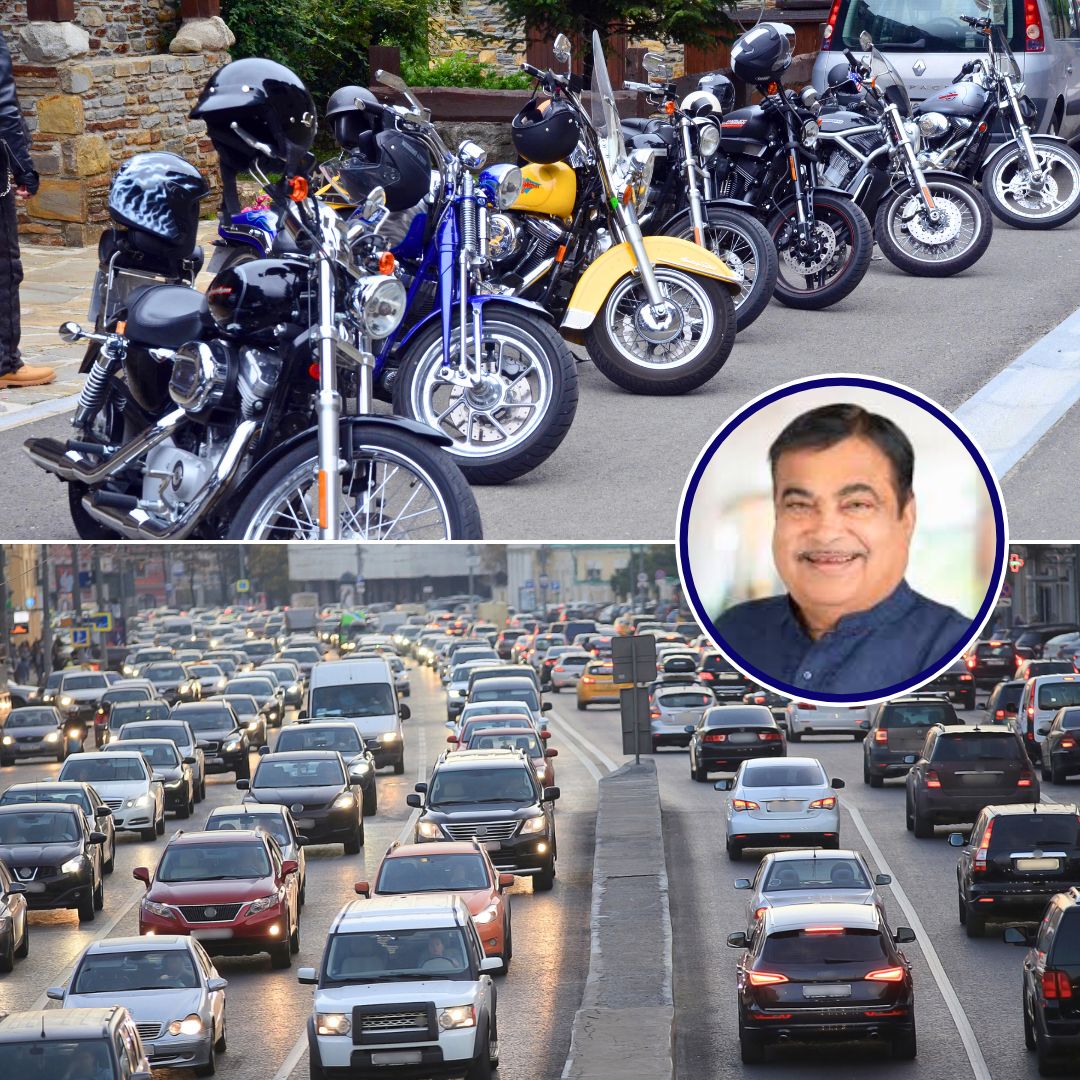The Indian government has nearly doubled the registration renewal fees for vehicles over 20 years old as part of its ongoing measures to tackle air pollution. Renewal fees for imported two- and three-wheelers have been set at ₹20,000, while imported cars now face a steep increase to ₹80,000 from ₹40,000.
Domestic motorcycles’ fees have jumped from ₹1,000 to ₹2,000, three-wheelers and quadricycles fees rose to ₹5,000 from ₹3,500, and light motor vehicles fees doubled to ₹10,000. The Ministry of Road Transport and Highways (MoRTH) issued the notification on August 20, 2025, aiming to phase out vehicles that predate Bharat Stage-II emission norms, responsible for significant vehicular pollution in India.
Increased Fees for Older Vehicle Renewals Explained
The MoRTH updated the Central Motor Vehicles Rules, 1989, shifting the threshold for higher renewal fees from 15 years to 20 years of vehicle age. This policy impacts two-wheelers, three-wheelers, quadricycles, light motor vehicles, and imported vehicles nationally, excluding the National Capital Region.
Officials explained the fee hikes are designed to discourage the continued use of outdated vehicles that contribute disproportionately to air pollution, which accounts for approximately 40% of pollution across the country. Imported motorcycles see a fourfold fee increase to ₹40,000, significantly raising costs for older foreign vehicles on India’s roads.
Contextualising India’s Fight Against Vehicular Pollution
This fee hike complements the vehicle scrappage policy launched in 2021, encouraging the retirement of older vehicles and facilitating cleaner urban transport. The government has gradually raised the costs associated with maintaining polluting vehicles to disincentivise use and promote transition to cleaner, fuel-efficient alternatives.
Supreme Court directives in 2018 targeted older petrol and diesel vehicles, reinforcing stricter vehicle certification and renewal norms. With India’s rapid urbanisation adding to pollution woes, such measures serve as critical tools for sustainable development, focusing on public health and climate goals.
The Logical Indian’s Perspective
Raising renewal fees for vehicles older than 20 years is a pragmatic measure to protect air quality and public health, signalling government commitment to responsible environmental governance.
However, it is essential to ensure that economically vulnerable citizens are supported via subsidies, affordable public transport, and incentives for electric or cleaner vehicles. Encouraging mass transit and renewable energy alongside these fees will create a holistic approach to pollution reduction.











